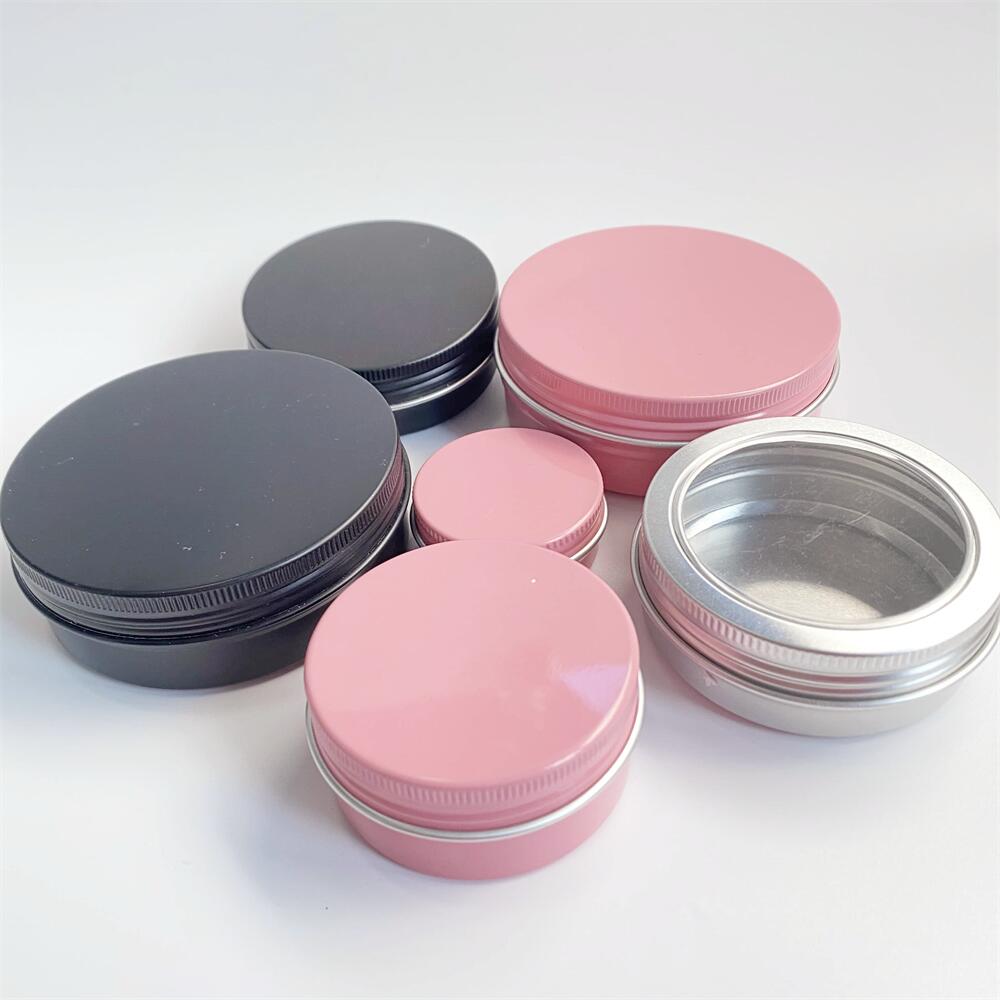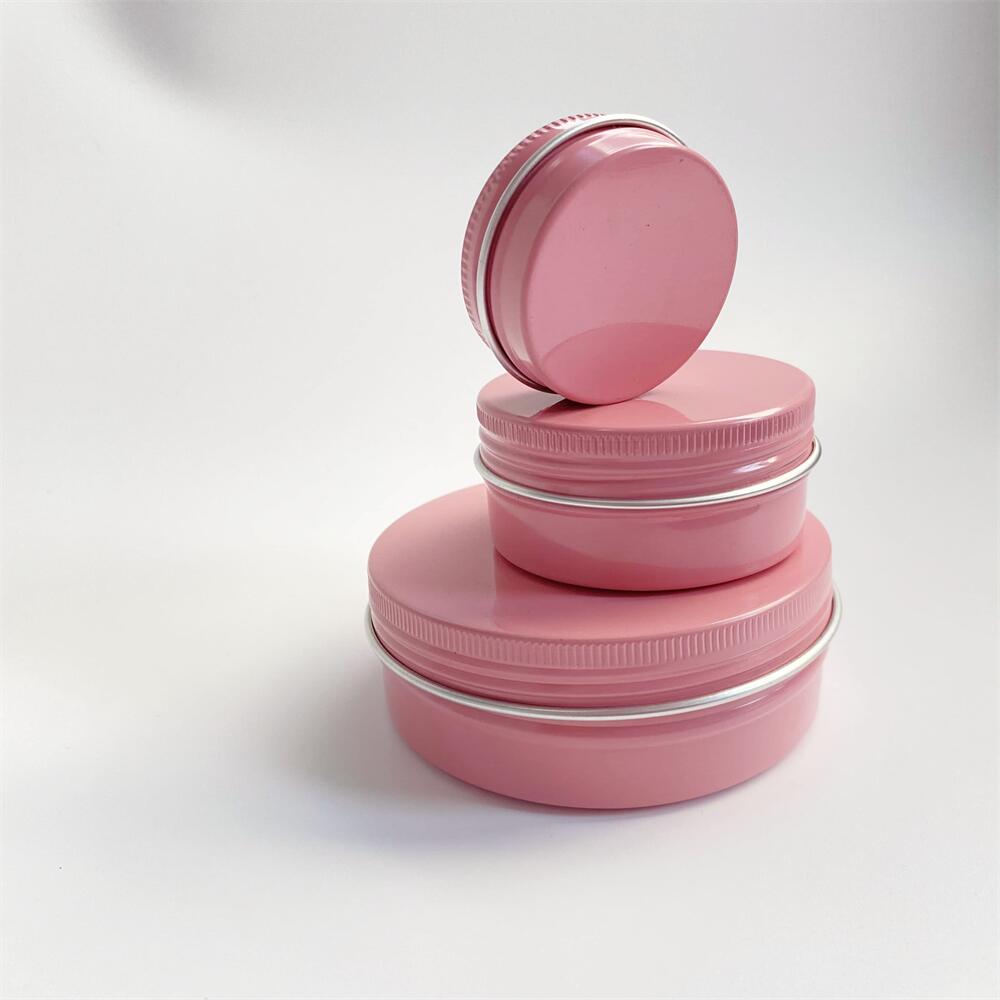What is the Difference Between Aluminum Can and Tin Can?
March 18, 2025
When it comes to packaging, tin cans and aluminum can are two popular choices, each with their own unique characteristics and applications. Understanding the differences between these two materials can help you make more informed decisions for your business and products.

Material Composition and Applications:
Tin can is typically made from tin-plated steel. The tin coating provides a protective layer against corrosion, making it suitable for food and beverage packaging.Tin cans are commonly used for canned foods, beverages, and some cosmetics. They are known for their durability and ability to protect the contents from light and air.
Aluminum can is made from lightweight aluminum alloy. This material is known for its strength, durability, and resistance to corrosion.Aluminum cans are widely used for beverages, food products, and personal care items. They are lightweight, making them ideal for transportation and storage. Additionally, their smooth surface allows for high-quality printing and branding.

Recycling & Environmental Impact
Tin can (steel can) is also recyclable but require more energy due to their iron content. Aluminum can ais 100% recyclable and retain its quality indefinitely. Recycling a single aluminum can saves enough energy to power a TV for 3 hours. In contrast, Aluminum recycling rates are higher globally (nearly 70% in the U.S.), making it a sustainability leader.
Why Choose Aluminum?
1. Faster decomposition: Aluminum recycles in 60 days vs. steel's 50+ years.
2. Economic value: Aluminum retains higher scrap value, incentivizing recycling.
3. Energy efficiency: Producing recycled aluminum uses 95% less energy than new production.
While both tin and aluminum cans serve packaging needs, aluminum cans are the eco-friendly choice. Prioritize aluminum can recycling near me to reduce waste and support a circular economy.
